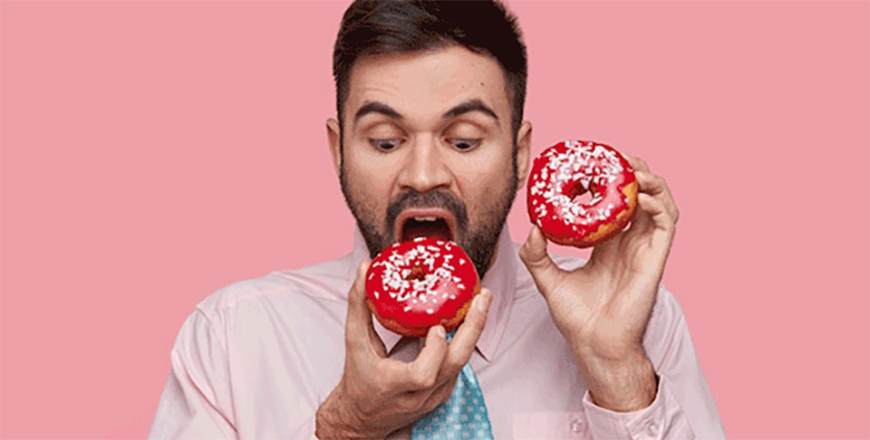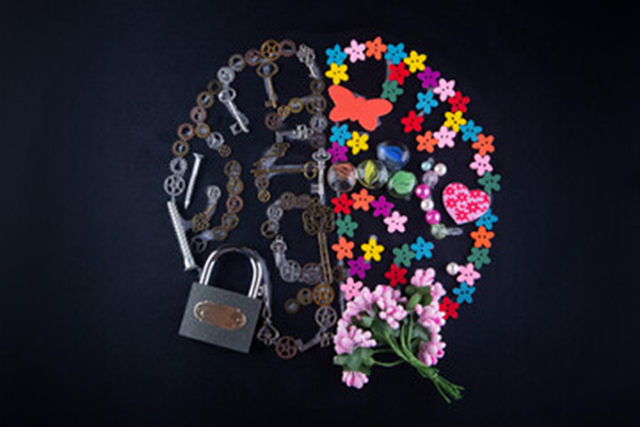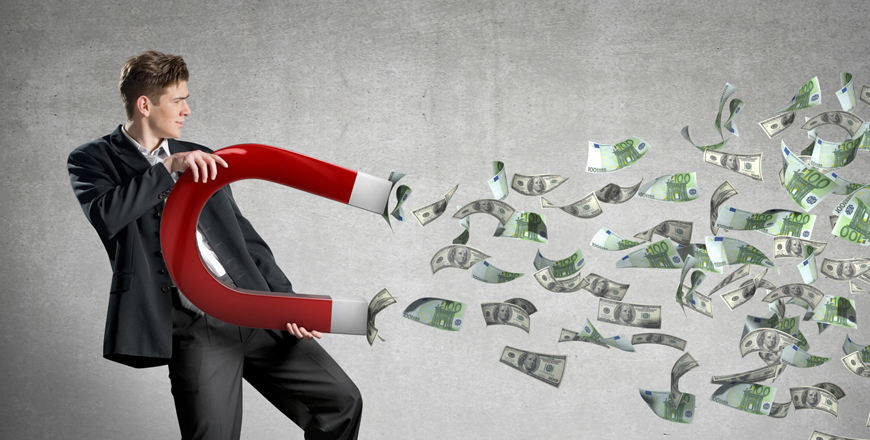You are here
Stopping addictions
By Rania Sa’adi , Family Flavours - Jul 02,2023 - Last updated at Jul 03,2023

Photo courtesy of Family Flavours magazine
By Rania Sa’adi
Licensed Rapid Transformational Therapist and Clinical Hypnotherapist
Addiction by definition is anything that takes you away from pain and towards pleasure; this includes any behaviour, not just substances. Some of the most common addictions are to drugs, nicotine, alcohol, gambling, gaming, shopping and sugar, among others.
Stereotypes
One of the major misconceptions towards addiction in our society is that we treat it as a problem and we treat the addict as an outcast; a person who makes bad choices and wrong decisions, that led to where that person is today- a person who is weak and submits to temptations, or a person who is a criminal and deserves to be punished.
Rehabilitation centres are created on the basis of helping people get off their addictions by treating the addiction as an issue that needs to be eliminated or a behaviour that needs to be altered, instead of what it really is: “The solution”.
Escape
Behind every dysfunctional human behaviour is an attempt to escape suffering. Addictions are no different and they usually arise as a coping mechanism for something deeper.
The best way to get rid of any addiction is to understand the pain behind it. And once the root cause behind the addiction is discovered, it could be resolved easily.
Many studies show a strong correlation between addictions and childhood trauma, like abandonment, emotional, physical or sexual abuse. They usually result in beliefs like “I am not loved, not accepted, or not good enough.” And the addiction becomes a way to escape reality and survive the harsh environment.
In many cases, when a child feels disconnected from the only people who are supposed to provide for safety and security, namely parents, a child will resort to finding that connection through substance abuse or adopting unhealthy behaviours.
Guilt, shame and blame
The addiction will feel like a big hug, filling a void, masking the pain and providing instant gratification and the “feel good” sensation that is usually followed by guilt, shame and blame.
Logically, the addict knows that he has a dysfunctional habit, yet, he can do nothing about it. There’s a feeling of helplessness that keeps him stuck in that loop. The reason why this is the case is that when there is a conflict between logic and emotions, emotions always win — the unloved, unwanted, not good enough feeling, immersed in his subconscious ever since he was a small child, is too overwhelming and no amount of reasoning or logic can make it go away.
Most addicts cannot stop, because the addiction in this case is fulfilling a need. A need to feel loved and valued. Be it the workaholics who work so hard for many days and nights, neglecting family, just to “subconsciously” feel that they have value, because a long time ago they were made to believe that they had no value except when making money.
The gamer
Or the gamer who spends so many hours playing a game resulting in failure in other areas of life, just because he feels a sense of accomplishment when passing from one level to another (in the game) because in real life the gamer believes that she or he is not smart enough, and can accomplish nothing in life.
They all know consciously that it is affecting their life in a bad way, but the subconscious beliefs are what drives most of our choices in life- and it is strongly wired to our survival instinct. If I am not valued, not good or smart enough, I am dispensable and therefore I am alone and unsafe.
The rules of the mind
One of the rules of the mind is that it always takes you away from pain and towards pleasure, to survive and in this case addiction.
In other words: Don’t ask why the addiction, ask why the pain.
Finding out where the root of all these negative beliefs driving the addiction is the first step to breaking them. And once the belief driving that unhealthy behaviour disappears the addiction itself that came as a way to cope with it disappears as well.
So, the best way to help an addict is to show compassion and empathy, understand the pain behind the behaviour and avoid judgement. Let addicts know that they are worthy and deserve a better life and that help is just around the corner whenever they are ready to accept it.
Reprinted with permission from Family Flavours magazine
Related Articles
By Rania Sa’adiLicensed Rapid Transformational Therapist and Clinical Hypnotherapist Do you feel stuck in life and wish to make a posit
Last month’s topic was addiction and as weird as it sounds, addiction and love share many similarities. Both addicts and lovers share similar cognition, motivation and behaviour relating to their addictive subject or substance.
Many people struggle through life because of financial difficulties. The race to make ends meet, goes on endlessly, and the finish line becomes a mirage. When does is it stop? And how can we achieve our goals?


















